Sponsored post.
Southern Jutland - 10 unique experiences you will only find here is written by The editorial staff, RejsRejsRejs.
Did you know: Here are the 7 cities in Europe with the most hours of sunshine
7: Nice in France – 342 hours/month
6: Valencia in Spain – 343 hours/month
Get numbers 1-5 immediately by signing up for the newsletter, and look in the welcome email:

War history, coffee table and miles of activities
Denmark is a small country, but that does not mean that everything is the same. In fact, there is a big difference in how life is lived in the different parts of the country, and that is why it is so wonderful to spend a holiday in Denmark. Sønderjylland in particular can do something very special. Here you and the family get a huge bouquet of experiences you will not find anywhere else in the country. Or anywhere else at all.
This is where the story lives. This is where you never go down on cakes. And this is where the family can really have fun together together also in an active way. Southern Jutland is completely unique - also on holiday.
In the border country you meet a very special atmosphere and a very special culture. The southern Jews speak their own language, which is clearly marked by the fact that this is where two proud countries meet. The border country has taken the best from each side and created a culture and atmosphere that can only be found here.
Set course for Southern Jutland and feel on your own body what makes the area its very own.

Wind in the hair and walk in the feet
The border with Germany is not only ideal for kilos of cheap sweets and German specialties in the trunk of the car. You also have to go out and experience the border on foot and on two wheels. It's easy and you can find plenty of marked routes and hiking packages.
One of the best hiking routes in the country is the highly certified Gendarmsti, which from Padborg to Als follows the border and the coast along the fjord down to Flensburg. Here it is perfectly ok to play soldier who takes care of the countryside while the family enjoys the surroundings, the peace and each other's company. You can even take the dog on the Gendarmstien; it should also feel that it is a holiday and the path is ideal for dogs and their people.
If you want to rest your soles a little instead and have more wind in your hair, then hop on the bike and take a trip across two countries. You will find a large number marked cycle routes both for mountain biking and ordinary cycling, and you can even roll on board the bicycle ferry on Flensburg Fjord and get even more out of the beautiful area. Crossing a border on two wheels is something very special, and it really breathes the flame of adventure. Check sailing schedule and prices bookssonderjylland.dk.

Exercise for the brain and all the senses
To get a healthy soul in a healthy body, it is not enough to keep your legs moving. The head also needs a little work. That's why you need to bring your family with you Universe Science Park at Als. Here all the senses come into use, and both children and those who once were can play wiser on the world and science.
Touch a lightning bolt, experience a geyser jump very close and be thrown into a wild virtual world. The best way to learn is to have fun together. That's what makes Universe Science Park unique. Find opening hours and more information at universe.dk.

Ringriding - Southern Jutland's national sport
Denmark's national sport is football, but in Southern Jutland they have their own. Here, the national sport is ring riding. And they are good at it. The ringrider parties take place throughout Southern Jutland, and it is an experience beyond the usual to see the locals compete.
It is quite an art to hit the small ring with a lance from horseback, and once you have seen it up close, you will understand why the southern Jews go up so much in the competitions. Our old king Christian the Fourth was in his time himself fond of the sport, and then we know that there is something about it.
When there is ring riding in the city, everyone shows up and parties, as they have done for centuries with processions, entertainment and of course the traditional ring riding sausages from the proud local butcher.
Did you know: Here are the 7 best food cities in the world according to Tripadvisor's millions of users
7: Barcelona in Spain
6: New Delhi in India
Get numbers 1-5 immediately by signing up for the newsletter, and look in the welcome email:

Southern Jutland must be experienced with the taste buds
Without food and drink, the hero does not do well, and they know this better than anyone in Southern Jutland. The area is full of very special regional dishes, and down here tradition is something you eat.
Every butcher has his own spiced sausages and his own cabbage sausages. In Southern Jutland, the butcher still wears a bowler hat, and he is proud of what he does. You can taste it.
If you exist havets delicacies, then take a trip to Rømø in Vadehavet, when they hold oyster festival in October. It's luxury and straightforward – once you get the hang of opening them. You can also collect fresh oysters yourself at Vadehavet and go on an oyster trip, where you learn when and how to eat oysters. Among other Black Safari has oyster tours The whole season.
Everywhere in the region you will come across small farm shops selling what they grow themselves. It will not be more local. There are strawberries and honey for those with sweet teeth, and for the adults there are plenty of treats in the bottle. Try a completely local wine or liqueur from Årø Winery or an award-winning Reunion gin from Sønderborg Distillery - or one of the many other local drinks. And bring some home to the neighbors so they can taste what they've missed.


Sønderjysk coffee table - the cake lover's paradise
If there is anything that smells of Southern Jutland, it is the traditional coffee table. Despite the name, it is not coffee that plays the main role. It makes all the many delicious cakes. The coffee table has an important history. When Sønderjylland was German, the Danes met for coffee and cake, and many housewives brought their most delicious baked creations with them. With coffee in the cup and cake in the mouth, the Danes could discuss the world situation and sing Danish songs in peace.
Nowadays, the cakes are mostly a symbol of cosiness, and the coffee table a symbol of South Jutland's tradition and gastronomy. Coffee table is such a popular experience that you need to remember to book a table in advance as the seats are quickly gone. You can get to the coffee table in many places and you will find your table on the website bookssonderjylland.dk.
So bring the family for coffee and cake - in Southern Jutland you do not need an excuse to throw yourself over the sweet things; it is a tradition and part of the area's history.
The southern Jews live with war and peace
2020 was the 100th anniversary of what we know as the Reunification in 1920. It is the latest of many anniversaries, which feels very close when you are in Southern Jutland. The border area has been the scene of a string of deadly and traumatic wars over the centuries, and the border has moved several times. Therefore, the history of Southern Jutland is also the history of Denmark. Not least war history.
The war in 1864 became extremely decisive for what we know today as Southern Jutland. After the defeat, Southern Jutland became German and was first connected with the rest of Denmark in 1920 in the Reunification after the First World War. That experience left its mark on all South Jutland families right up to today, and therefore the 100th anniversary was a major event that is not over yet, even though the calendar says 2021.
World War II also left its mark on southern Jews as the occupying forces crossed the border. The southern Jews were the first to see the war come to the country, and war in general is a big part of the history of the region. Fortunately, there is now peace and quiet along the border, and no one notices it more than the locals. Here, war is not just something in a museum.
Monuments and battlefields from the wars against our southern neighbor are found in many places in Southern Jutland. The fortifications at Dybbøl, the defenses of the First World War - Security position North Far up in today's Denmark and the internment camp in Frøslev, where Danish prisoners sat during World War II and waited for an uncertain fate. The story and the stories are vivid in Southern Jutland, and it makes an impression on young and old to feel it up close.
Stay at a nice hotel in Southern Jutland and give yourself a little luxury
Minorities on both sides - a unique mixed culture
The changing history of Southern Jutland and the border country on both sides - in the old Duchy of Schleswig - has created a special South Jutland culture and a special people. At the same time, the southern Jews are more Danish than the rest of the Danes, and at the same time you feel the proximity to Germany everywhere.
German schools with German-speaking students on the Danish side of the border are reflected in Danish schools with Danish-speaking students on the German side. The large minorities on each side have developed a fascinating way of life, and it is completely unique to life around the border and thus in Southern Jutland.
For many, the border is just a line on a map, and the city trip can just as well go to Flensburg as to Sønderborg, when the dancing shoes need to be aired. Shopping takes place on both sides, and German is more than a language one learns in school. Take a peek across the 'line' and explore the special frontier life that is lived in both parts of what was once one large Schleswig duchy.
Find accommodation throughout Southern Jutland here - there is plenty to choose from


Whalers and the history of the lake
The history of Southern Jutland is not just about where the border goes. There is much more you can throw yourself into. The North Sea for example.
On Rømø in Vadehavet you will find a beautiful and well-preserved house, which tells a completely different story, which will certainly make an impression on the animal-loving family. It is the story of giant whales. Themselves The National Museum's Commander's Farm shows evocatively how 1700th century life on the West Coast unfolded, but it also has another intriguing story.
Here, from the National Museum's Commander's Yard, whaling expeditions and trading expeditions in the North Atlantic were led 3-400 years ago, and you can meet the skeleton of an enormous sperm whale almost alive. The whale washed up on the beach in 1996 and moved in here. It can easily happen again that one of havets giants go astray and end up on Rømø's kilometer-wide beach – Northern Europe's widest – so keep your eyes open when you walk along the water's edge.
Read more about Denmark's oldest market town right on the border




Summer, sun and a huge beach
Rømø's huge beach - Northern Europe's widest beach - is a definite hit, if you want to build sand castles and soak up the sun. Here it is no problem to keep your distance and find your own sunny piece of sandy beach.
The beaches on both sides of South Jutland attract many holidaymakers every year, and the unique mix of holiday idyll and plenty to do for the whole family - even in rainy weather - makes South Jutland the perfect place to holiday. With family or with anyone. There is something for everyone and you decide the pace.
Holiday homes, campsites, shelters, hotels, private accommodation and all conceivable forms of accommodation can be found everywhere in Southern Jutland; it's just about finding the right one for you. Sleep sweetly up in a tree or at Denmark's largest spa hotel - you decide. Southern Jutland has it all. Find inspiration for a good night's sleep at visitsonderjylland.dk.
Regardless of the season, something exciting is happening in Southern Jutland - whether it's cultural offerings in the cities in the east or nature's own show at Vadehavet in West.
Denmark's best spa hotel is located in Southern Jutland - see more here


World Heritage Nature and the World's Best Views
Since 2014, UNESCOs have had Vadehavet on the World Heritage List, and it is due to the very special nature that the whole coast consists of. The tide means that huge flat areas are alternately under water and then drained, and these are ideal conditions for the millions of birds that come by to eat and rest their wings on their way south or north.
A very special natural phenomenon that you should definitely see is the 'black sun'. Black sun is when huge flocks of starlings color the sun black in a celestial dance that one would think they had invented to impress us humans. An impressive sight it is, at least. Take a trip to the marsh when the starlings are there in the spring and fall. You will never forget it again.
The marsh at Vadehavet is, on the whole, a unique example of the beauty of nature and the conditions that nature provides to those who live off the land and havet. To get the best possible view over this unique part of Denmark and Southern Jutland, you should visit the brand new tower The Marsh Tower, which opens in early summer this year. It was designed by the famous architect Bjarke Ingels, and it can not avoid becoming a tributary when it opens. The view from the top cannot be compared to anything else in the country.
Also in Sønderborg you can get high up in the air and see Sønderjylland and Schleswig from above from the top of Hotel Alsik. It gives a completely different perspective on a region of Denmark that is completely its own, completely unique and completely down to earth.
See much more about having a holiday in Southern Jutland here
Happy holidays in Southern Jutland - all year round!
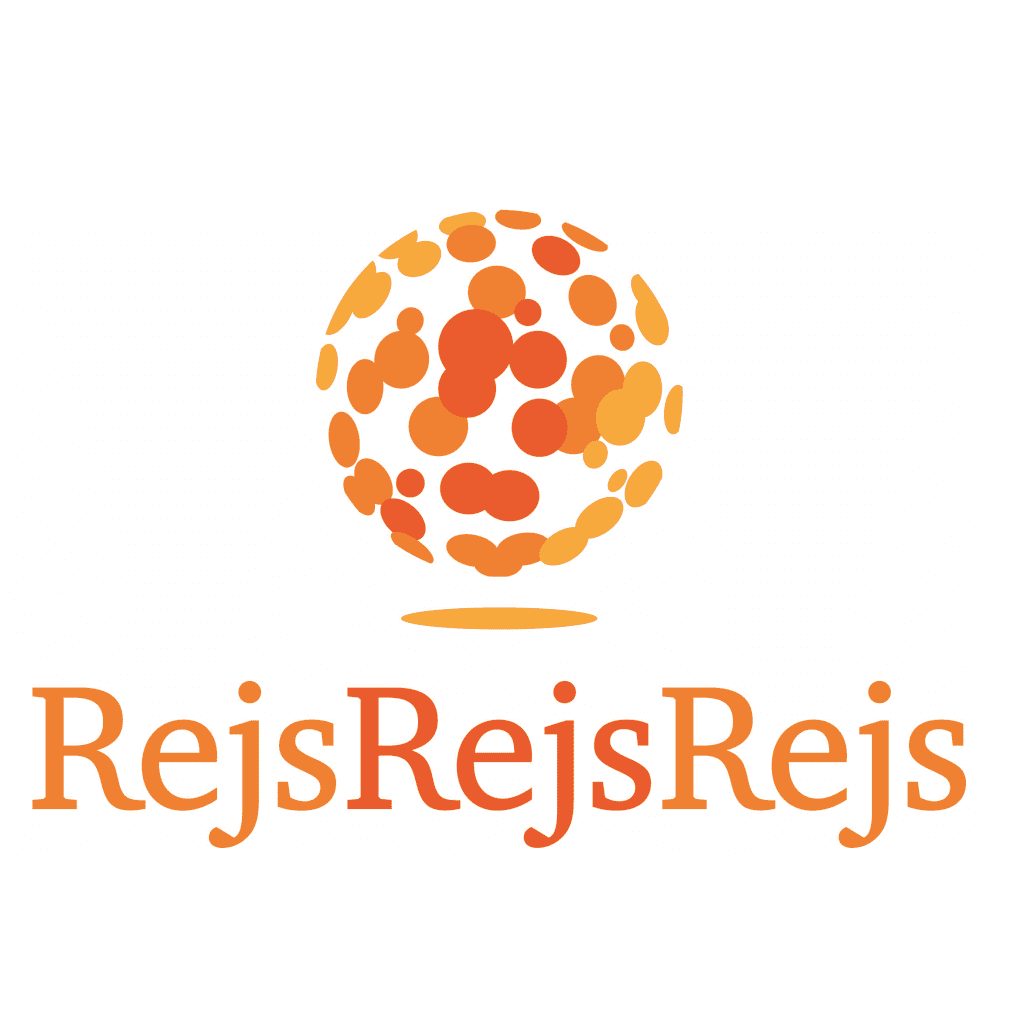
















![1864-fight-for-Als-creditors-Claus-Visby [Credits: Claus Visby] Denmark - Sønderjylland, 1864 (VisitSønderjylland's picture) - travel](https://i0.wp.com/www.rejsrejsrejs.dk/wp-content/uploads/2021/04/1864-kampen-om-Als-kredittere-Claus-Visby.jpg?w=617&h=926&ssl=1)






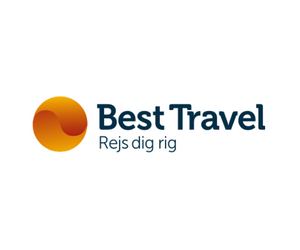
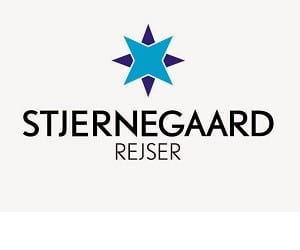

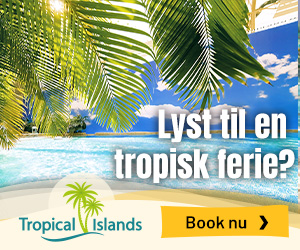


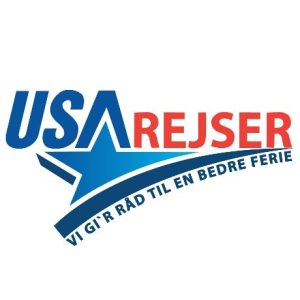
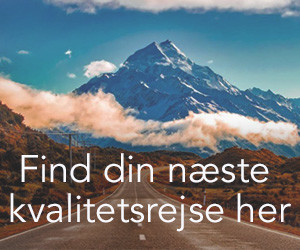



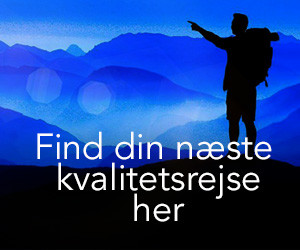
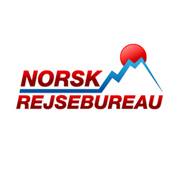
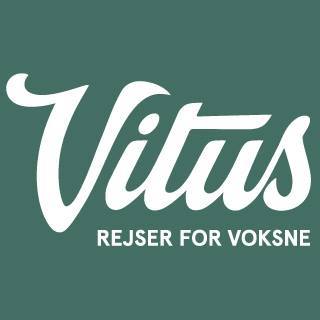

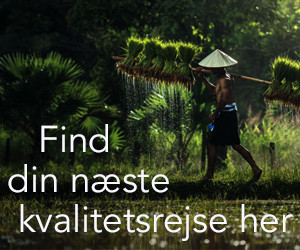

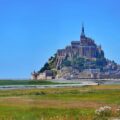
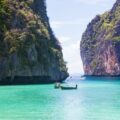
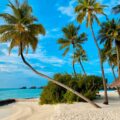

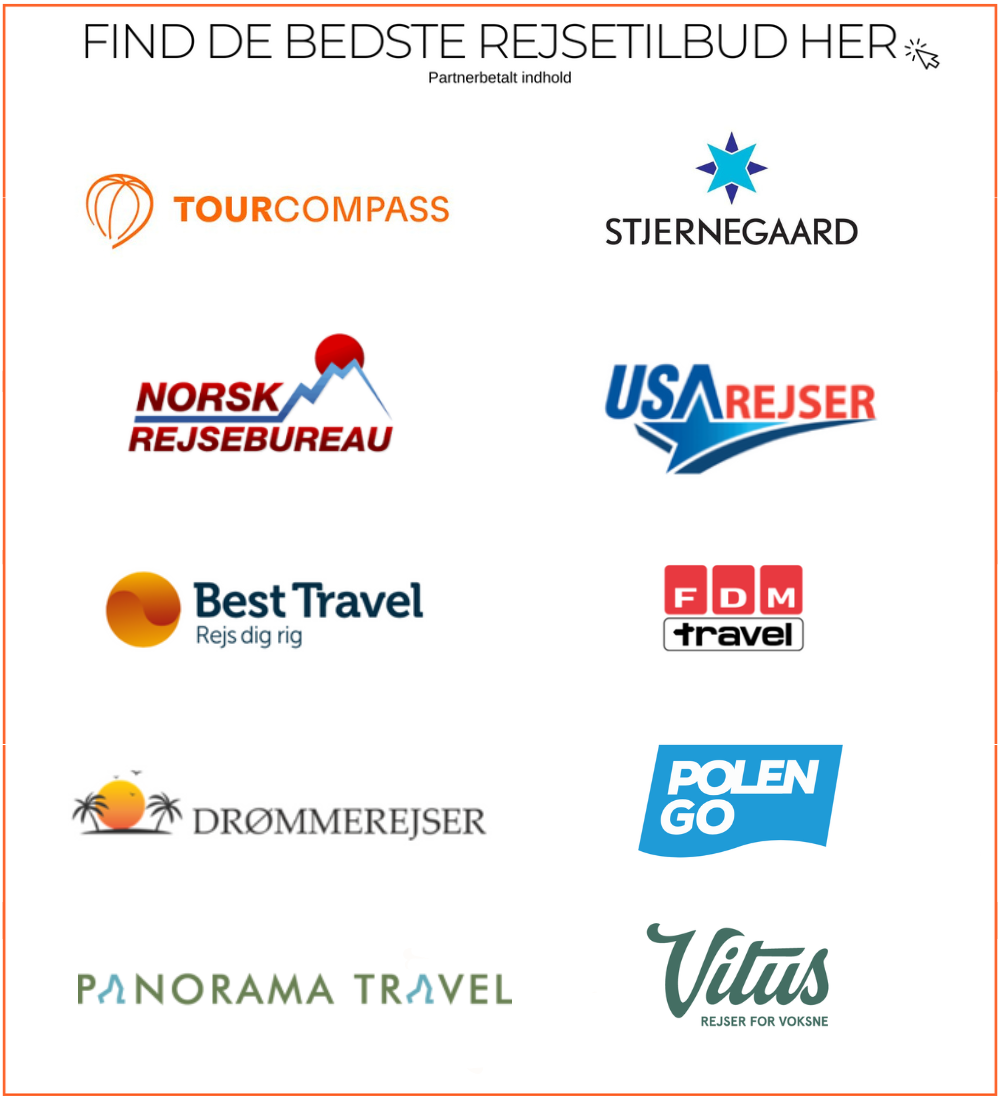
Basically a nice page, but I do not understand why you do not mention Christiansfeld under "experiences you will not find anywhere else". One of the memorial stones is in the top photo - and that's all.
I can not bear to list all the sights and activities of the city, but it is a city that is on the UNESCO World Heritage List
Hi Vibeke, we completely agree that Christiansfeld is obvious to visit, but it is located north of the area that we have limited ourselves to in this article. Vh redaktionen